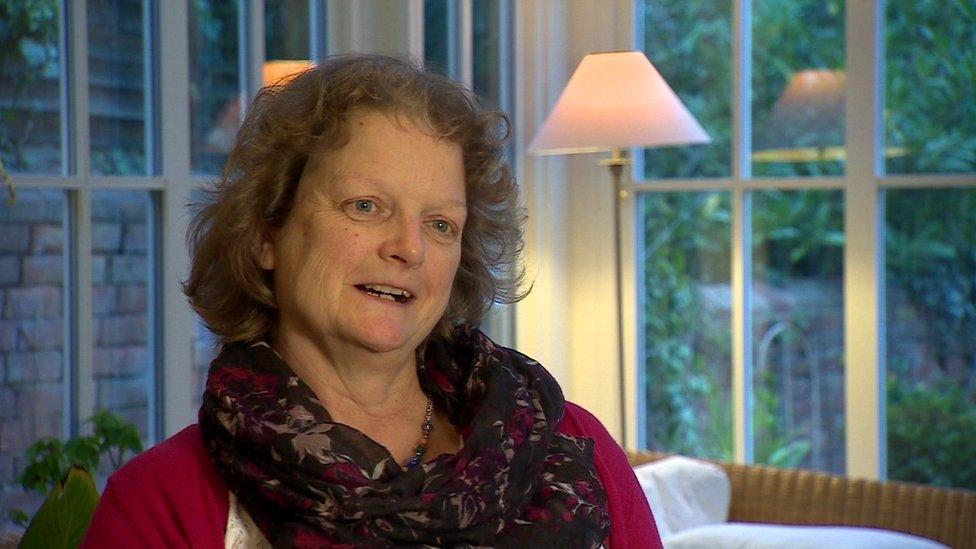Millions 'suffer in silence' with incontinence
- Published

Millions of people in England experience problems with continence but many are not getting the support they need, health officials are warning.
In guidance published by NHS England, experts have suggested people "suffer in silence" because they are too embarrassed to talk about the issue.
It has called for better training for all staff.
Patients also need to be told more about what treatments and support are available, it said.
More than 14 million adults in the UK have problems controlling their bladder and 6.5 million have bowel issues, while around 900,000 children and young people have difficulties.
But past research has shown the quality of continence care varies across the country and is poorer for the elderly overall.
Lifestyle changes
NHS England said many continence problems can be cured or managed better.
Lifestyle changes or exercises can help, while medication and surgery are options for some patients.
Its wide-ranging guidance called for continence care to be joined-up across health, care and education services so people do not have to repeat their stories at each setting.
In terms of training, the report said physios, nurses, doctors and care assistants could all benefit.
Sara Elliott, of NHS England, said: "Millions of people are affected by continence problems, but it is an issue that they are still too embarrassed to talk about.
"This means that too many people are suffering in silence and not receiving the care and support they need."
She added she hoped the new guidance would reassure people they can and should ask for help.

Case study: Finding help

Jacq Emkes is a 55-year-old teacher who lives in Bedford. Her problems with continence started in 2009 after a womb operation.
She says: "I didn't know who to turn to for help. But recently I found out there is a continence service locally."
She says this helped her find out about the different products that are available and that there were specialist physiotherapists and nurses who could help.
"It is a question of trying to build up trained and qualified staff and build up awareness," she says.
"My life has been changed hugely and my wellbeing too. But it is not impossible and it has got easier and easier to cope.
"With greater knowledge and awareness I feel much more able to cope."
